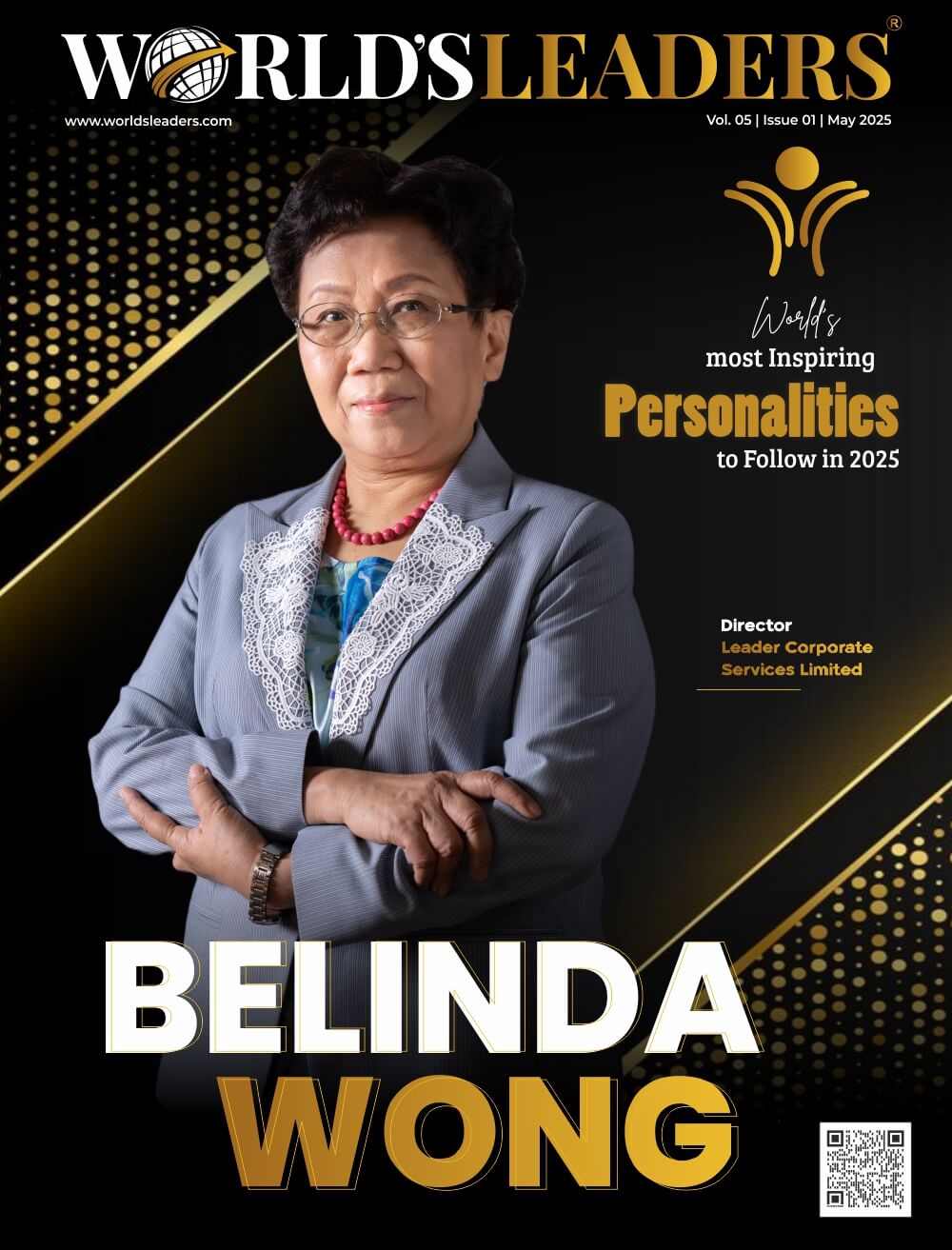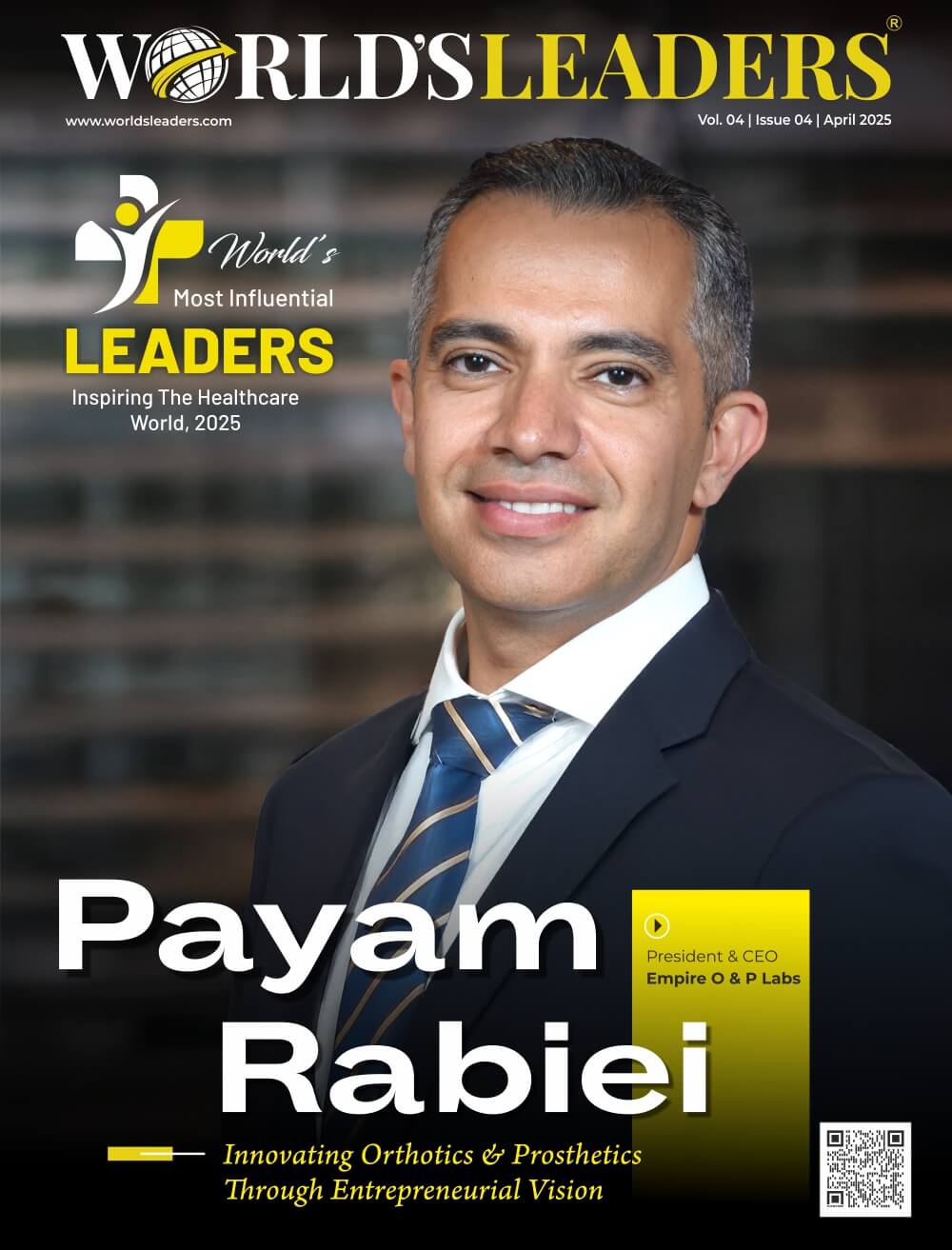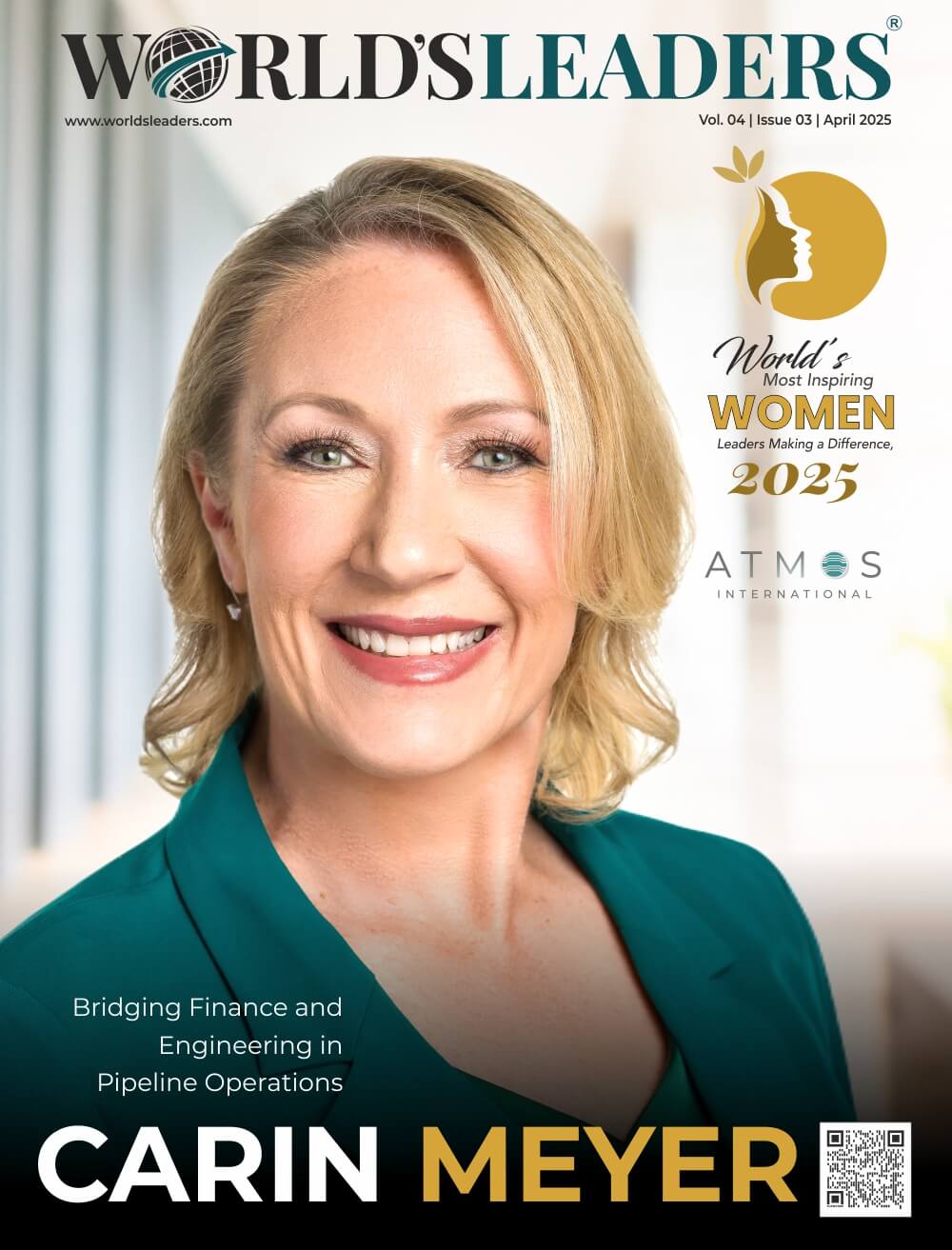Nermine Khouzam Rubin left Egypt when she was eight years old, having survived the Six-Day Arab-Israeli War in Port Said with her parents and four siblings. She has a major and minor in chemistry and psychology and graduated with honours. She also speaks three languages. She holds a Master of Business Administration (MBA) from the University of Florida as well as a Master of Health Science (MHS). She has also held executive positions in the healthcare industry in the areas of architecture and facilities planning, marketing and business development, managed care and information systems, and consulting. After 15 years, Nermine resigned to devote her whole attention to being a wife and mother to Leslie, her husband of 30 years, and her two grown children, Samantha and Nathan, who are now 25 and 24 respectively.
Nermine conducted an in-depth study and prayed for the best answer after seeing directly in 2017 people in rural Africa dying of thirst and hunger after losing all hope. She established Water 4 Mercy in 2018 and collaborated with the foremost authorities in solar, water, and agriculture to offer a sustainable solution. Clean water, food, and HOPE are THE ANSWER to permanently ending the cruel cycle of poverty.
Below are highlights of the interview conducted between World’s Leaders and Nermine Khouzam Rubin:
Describe who you are as a person, inside and outside of the workplace.
That is a very difficult question because it depends on the circumstances in which we are placed. I am quite driven and I am focused on the task at hand, always thinking of innovative ways to promote Water 4 Mercy and our mission. I ponder internally and think outside of the box in exploring various opportunities for optimal growth. In regards to how I am outside of the workplace, it varies radically as to my mood. Sometimes I prefer to be alone. I’ll go to the beach to swim and just chill and be on my own, and other times I can be quite social and then plan gatherings with my friends and family.
Describe your background and what did you do before you started/joined the company?
My background is in healthcare and business administration. I have a Masters of Business Administration (MBA) and a Masters of Health Science (MHS). I had retired from a career in healthcare administration, where I had been consulting in managed care and information systems, prior to founding Water 4 Mercy.I opted to retire from my intense full-time profession, which entailed traveling throughout the United States, and instead stay home with my two children, Samantha and Nathan, who are now 25 and 24 years old.
What has made you successful? What do you value?
My mantra is, God does not call the equipped, he equips the called. When you humble yourself and realize that you don’t have all the answers, it is then that you should ask for help. I constantly ask God to guide our work since he is God and I am not. I have been empowered by the world’s leading organizations in solar, water, agriculture and vocational training who implement our projects. Moreover, what makes us successful is that we all share the same heart. For us to do what we are doing, it is not for glory and it is definitely not for money. I may end up in the poorhouse with how much I’ve given to Water 4 Mercy to try to get it initiated and to flourish. I value integrity and humility.
Which are the major services of the company and how do the company to get ahead in the competition? What value-added services does the company provide?
Water 4 Mercy is comprised of world-renowned organizations that have heart. We are sharing and transferring knowledge while also training their teachers to teach. We are the optimal solution and the only one that can easily lift all of Africa and beyond out of poverty and into self-sustainability within 2 to 3 years easily.
What are the most important aspects of a company’s culture? What principles do you believe in and how do you build this culture?
I think it is key that the culture of a company stays focused on what its mission is. Moreover, it is important to get egos out of the way. When you understand that your job is to work for the greater good of the company and to achieve its goals, your feathers won’t get ruffled when your idea isn’t adopted or if a co-worker is recognized for their work instead of you. We, as an organization, are like a chain. A chain is only as strong as its weakest link, and it is key for an organization to understand that together we are stronger and more impactful in accomplishing our mission.
What is the significance of innovative ideas in the company?
It is key, especially for non-profit companies, to look for innovative ideas to open their eyes, minds, and most importantly, their hearts to take a look at how to use new ideas to repair the world together. It is important as an organization to move forward and not feel too comfortable and stagnant that what you’re doing is bigger and better and will always stay that way. I like to use the example of the pharmaceutical companies with their patented pills. For a few years, nobody else could compete. But after a few years, generics quickly infiltrate their market. If these companies choose to not look ahead, they will be doomed!
Give us your opinion on; do organizations rely heavily on individual heroics or team processes?
I believe that most organizations rely heavily on team processes. However, it is important to recognize that because we all have different strengths, someone will naturally “take the reins’ and take on a leadership role. This ‘individual hero’ is key in gathering and guiding the team in a productive way. The right individual will nourish the team and ultimately inspire each member to do their best. I believe it is important to have both, and everyone needs to understand that they each have special strengths and talents. Each person’s role is valued and necessary for the company to achieve its mission.
What are your responsibilities as the Founder & CEO of the company?
As founder and CEO of Water 4 Mercy, I am responsible for the success and sustainability of Water 4 Mercy as an organization within the United States and to also coordinate projects with my implementing partners in Africa. I have to meet my commitments and I am pressured to meet our funding goals.
What is the happiest part of your daily routine?
The happiest part of my daily routine is when I see the photos of smiling faces from our villagers and projects. It thrills me to see these people happy just to get something so basic that we take for granted – clean water that they can drink.
It was so touching to hear one of our villagers say how now she feels pretty, because she can wash herself and be clean. And now she can clean her clothes. She said she felt good that now instead of walking for hours in search of water she has dignity and feels like a woman. She can spend time with her children who are now able to learn and go to school instead of walking for water.
That gives me joy to see these success stories firsthand.
Moreover when I see these students that are between 16 to 25 that come from the poorest of the poorest families. I see that now they have hope and they are learning how to feed their villages and use the knowledge they are learning to teach others. That is what gives me a sense of pride, that what God is asking me to do, though it is difficult, is truly life-changing and impactful forever and ever and for future generations. I am happy that Water 4 Mercy’s work is truly impactful. What we are accomplishing is remarkable! We are not giving people a hand out, but rather we are giving them a HAND- UP!
What advice would you give someone going into a leadership position for the first time?
For those going into a leadership position for the first time, my advice is to observe, listen and be patient. It is very important to see and hear what’s going on before you jump in and try to fix anything. Sometimes it is better to take your time and gain trust so that people understand that your motives are sincere and any actions that are taken are for the good of the company and not a personal attack or punishment on them.





